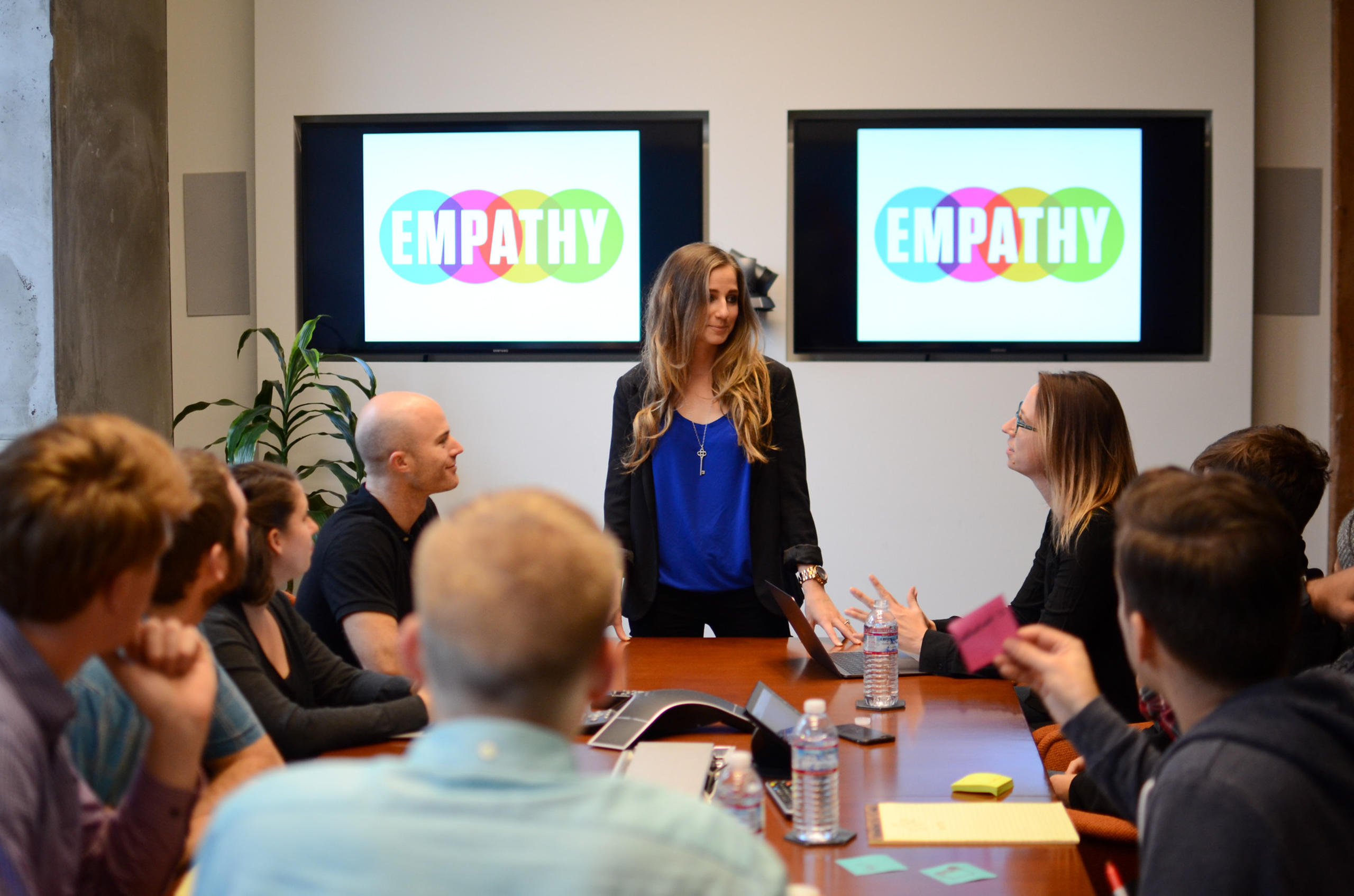As it happened: Chinese Premier Li Keqiang on pandemic, ‘new Cold War’ and Hong Kong
National People’s Congress concluded with resolution to proceed with controversial law for Hong Kong
Premier said that China supports independent inquiry into coronavirus origin ........ The main points from Li’s press conference: The central government will stick to the principle of “one country, two systems”, and “Hong Kong people governing Hong Kong” with a high degree of autonomy. The NPC’s resolution for a national security law for Hong Kong is designed to safeguard “one country, two systems” instead of abandoning it. .......... On China-US tensions, China rejects a “Cold War mentality” and the two nations should promote cooperation ........... “peaceful reunification” was still Beijing’s policy and the mainland was open to further exchanges with Taiwan. ........... he did not address ongoing anti-government protests in Hong Kong, or respond to US Secretary of State Mike Pompeo’s announcement on Thursday that Washington no longer considered Hong Kong to be autonomous from Beijing. ........ He also did not refer to a tense stand-off between China and India in the Himalayas ....... Li said the pandemic had hit the world severely, greatly reducing exchanges between countries. ........ “As the saying goes, the people are the foundation of a state and when the foundation is solid, the state enjoys tranquility.” ....... the country was still determined to reach its goal of eliminating poverty by 2020 ....... there were some 5 million people living below the poverty line before the outbreak ............ Li said the central government must work hard to help business flourish, aiming at having 10,000 new enterprises registered each day. ........ there had been a surge in new kinds of businesses, such as online platforms, during the pandemic, and some of these businesses had seen their revenue grow by two-thirds. ........ Decoupling was not good for either country or the world ...... trade and economic cooperation should be based on market forces. There were differences in each other’s systems, and conflicts were inevitable, but the key was how to handle the problems. ........ The US had in recent days issued a strategic policy that appeared to signal that Washington had abandoned its engagement policy towards Beijing. ....... About one-third of recent comments left on the State Council’s website were on employment. ....... University students are expected to graduate and enter the workforce in record numbers this year. ....... He said Beijing remained committed to the 1992 consensus – the political understanding that there is only “one China” but that each side has its own understanding of what this means. ....... Li said the government’s measures to counter the coronavirus would focus on employment and livelihoods, and not infrastructure construction. ....... Li said China had successfully controlled the coronavirus within its borders and Beijing had acted in a transparent and timely manner throughout the pandemic. ........ Li said there were two main challenges in the pandemic: controlling the virus outbreak and reopening the economy. International cooperation was important for both. ......... “We may have to live with Covid-19 for some time to come” ...... China also believed it was important to find the source of the pathogen. ........ a clear, scientific understanding of the source of the virus could contribute to global public health. ....... the World Health Assembly’s endorsement of an independent review into the World Health Organisation’s handling of the pandemic and its animal origins. ......... Li said the Chinese economy was deeply integrated into the global economy, so China would not be immune from the impact of the coronavirus. ........ The United States said on Thursday that Hong Kong was no longer autonomous from China, a decision that could end the city’s special trading status with the US.Hong Kong national security law: city awaits Trump’s response, casting shadow over long-term economic status China’s move to further absorb Hong Kong will have small direct economic effect, but will damage city’s status as an international hub in long term, analysts say Chill viewed as a continuation of a tough period for foreign business, setting up a ‘gradual diminution of Hong Kong as an economic centre for south China’ ......... Economists, diplomats and business figures were scrambling on Thursday to quantify the effect of Washington’s decision to deem Hong Kong “no longer autonomous” from China, with many gaming out the “nuclear option”, in which the United States revokes the city’s special trading status. .......... “Hong Kong cannot be replicated, the unique density of professionals, the transparency of the system, the rule of law, the kind of debate possibilities, the openness. They’re definitely important for developing business in China, for many of us it’s being challenged right now” ......... you’re going to see the gradual diminution of Hong Kong as an economic centre for south China ........ Many are shocked by the speed with which the situation has deteriorated, but are also resigned to it worsening further still, as the wider US-China relationship continues to sink to unforeseen lows. ......... “Trump is not interested in anything but himself and [compared] to slaughtering the Trans-Pacific Partnership, to dismantling the WTO or pulling out of the [World Health Organisation], actually changing the state of Hong Kong is a small piece for him. It’s another tool in the box and he will use it if deemed necessary” .......... “Hong Kong’s WTO membership is decided by the WTO members collectively, not one member such as the US. ........... “So, Hong Kong's exports to the US were as impacted by US tariffs on China as China’s exports were. Raising the tariff rate on the last 1 per cent of exports will have virtually no impact on Hong Kong's economy.”
Two Sessions 2020: national security law for Hong Kong a step closer after NPC endorses resolution National People’s Congress paves way for Standing Committee to tailor-make a law for city Vote came hours after US Secretary of State Mike Pompeo asserted that Hong Kong was no longer suitably autonomous from China ........ China’s top legislature has endorsed a resolution authorising its Standing Committee to tailor-make a national security law for Hong Kong. ......... with 2,878 deputies from around the country voting in favour and one voting against, while six abstained. ....... The Standing Committee, which last met in late April, convenes every two months and is expected to hold its next meeting as early as June. That would be the earliest date at which the legislation could be advanced. ......... The city’s Bar Association has also questioned the legality of Beijing’s move, saying it was “entirely unclear” how the suggestions of having mainland agencies set up to safeguard national security in Hong Kong would comply with Article 22 of the Basic Law, which states that no department under the central government can interfere in Hong Kong matters.
Will Hong Kong’s rule of law survive the challenge of Beijing’s national security legislation? From its process of enactment – apparently bypassing the local legislature and ignoring public opinion – to its future implementation and enforcement, the law is incompatible with the city’s common law tradition Hong Kong’s courts will be severely tested in trying to uphold the rule of law ........ The claim that public officials are reliable people who will only go after the bad guys underlies the People’s Republic of China’s tradition of rule by law. It presumes that a society of laws is one where officials issue the right directives and everyone else is bound to follow them. Such use of law as only an instrument of control is not the rule of law as known in Hong Kong. .......... For common law Hong Kong, under the Basic Law, such laws should be the product of a proper legislative process with enforcement and oversight in the ordinary courts. ........... Claims by mainland officials that the law will be narrowly drawn are hardly reassuring, given the extreme application of national security laws to silence opposition on the mainland. ........ The scope of intrusion on Hong Kong’s autonomy, rule of law and human rights is breathtaking.

Hong Kong must choose ‘lesser of two evils’ – US retaliation or foreign investment exodus due to unrest, former justice secretary says Elsie Leung also says barring of foreign judges from security cases would violate city’s Basic Law, though seeking Beijing’s interpretations is ‘normal’ Another legal heavyweight questions if local courts will have authority to declare provisions of Beijing’s new national security law unconstitutional ........ Hong Kong must choose “the lesser of two evils”, American retaliation or a foreign investment exodus from an “unstable society” that lacks a security law, a former justice secretary has argued in the wake of the United States declaring the city is no longer autonomous. ......... The city’s highest court, the Court of Final Appeal, has 23 judges, 15 of whom are foreign, mostly from other common law jurisdictions such as Britain, Canada and Australia. ........ “The most extreme thing the US can do is to abolish Hong Kong’s peg to the US dollar … but I don’t think they will go that far,” he said. Hong Kong’s dollar has been pegged to its US counterpart since 1983, and the Hong Kong Monetary Authority keeps the currency trading between 7.75 and 7.85 to the US dollar. The arrangement is thought to have brought financial stability to the city. ............. The IEEPA allows the US president to impose a wide range of economic penalties on individuals or countries they deem related to “any unusual and extraordinary threat” to their country. Since it was enacted in 1977, the IEEPA has targeted countries including Iran, Colombia, Syria and, most recently, Nicaragua.




























